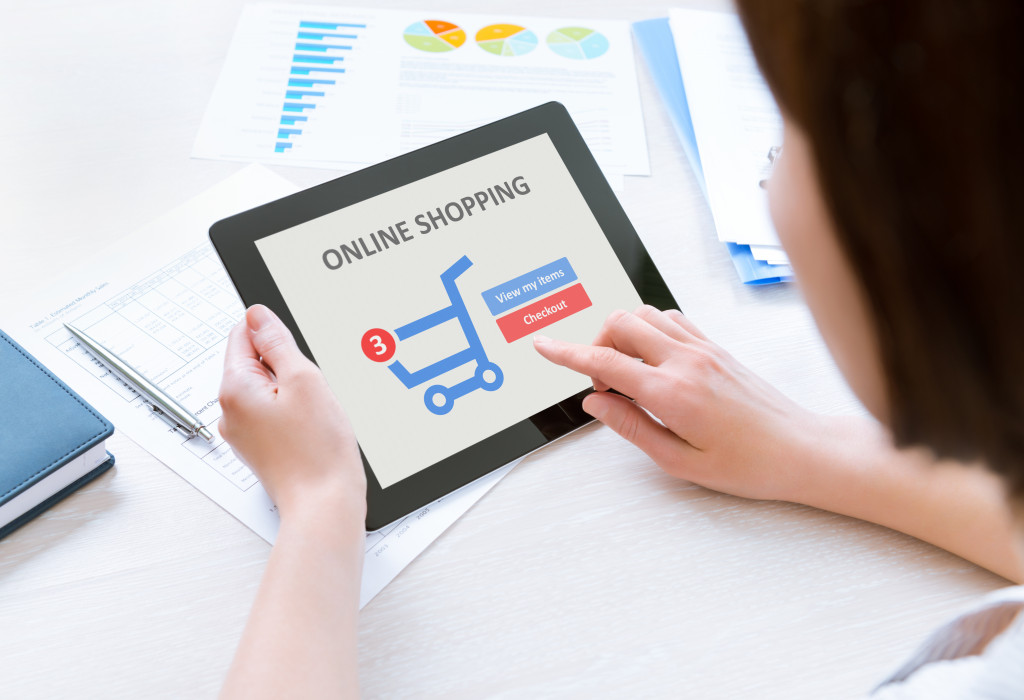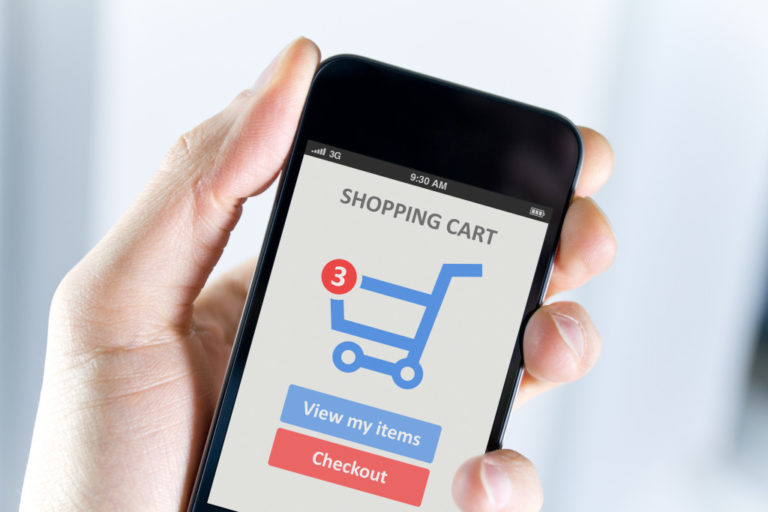Whether you are just starting out or looking to expand, launching an e-commerce platform is a great way to reach a larger audience and grow your business. E-commerce has become the go-to for businesses to reach consumers and offer convenience. It allows modern entrepreneurs to become more efficient, organized, and cost-effective.
Its sudden rise started in the early 1990s with revolutionary giants such as Amazon and eBay, which provided the framework for countless other businesses to follow suit. After the global pandemic in the early 2020s, it became even more apparent that online shopping was here to stay.
With an understanding of the power of e-commerce and its increasing popularity, a few considerations need to be addressed when creating a successful online business. To make sure your online store is a success, here are the key considerations you should keep in mind:
Understand Your Goals & Objectives
Before you launch your website, you must clearly understand what you want to achieve with your e-commerce platform. Are you looking to increase sales? Build brand awareness? Offer more products or services? Establishing clear goals and objectives will help ensure that your platform meets your needs and that you are reaching the right audience for maximum return on investment (ROI).
It’s imperative to set SMART goals that are Specific, Measurable, Attainable, Relevant, and Timely. When you have a better idea of what you want to achieve with your online store, you can focus on the strategies and tactics to help you reach those goals.
Choose The Right Technology Stack
The technology stack of your e-commerce platform will determine its performance and scalability. Selecting the right combination of technologies for your online store can be tricky; however, some key factors to consider when making this decision are cost, user experience, and security.
Additionally, ensure that the technology stack you choose is compatible with any existing systems or software you use. For example, if you use a CRM system, ensure it is integrated into your e-commerce platform. This will help ensure that your customer data is up to date and that you can draw meaningful insights from it.
Secure Your Platform & Data
Online security should be a top priority when creating an e-commerce platform, as data breaches and hacks can seriously affect your business and customers. Invest in a reliable hosting provider that offers secure servers and has stringent data protection measures in place. It would also be ideal to invest in testing systems. There are two primary methods to test your system’s security, vulnerability and penetration testing. Here’s a brief overview of each:
- Vulnerability testing – This type of test identifies and evaluates the weaknesses in your system. It can identify security issues quickly and accurately, ensuring that any threats to your system are identified and addressed.
- Penetration testing – Also referred to as a “pen test,” simulates an attack on your system to identify any security flaws. This is a more comprehensive type of test that can uncover both known and unknown vulnerabilities, making it invaluable for protecting your data.
The reliability between vulnerability testing vs. penetration testing may differ, and it can be challenging to determine which method is best for you. It’s essential to research and understand the differences between them.
Keep SEO & Content Marketing in Mind

Search engine optimization (SEO) and content marketing are two critical components of any successful e-commerce platform. SEO helps you rank higher on search engine results pages (SERPs). In contrast, content marketing helps you engage customers and promote products and services.
This helps your website appear more prominently on search engine results pages, driving more traffic and helping you reach a wider audience. Remember that marketing is a critical element of any successful e-commerce platform and that SEO and content marketing should be included in your strategy.
Set Up Payment Systems & Shipping Options
Setting up payment systems and shipping options before launching your store is essential in providing a seamless customer experience. When selecting payment systems, consider which currencies and payment methods—such as credit cards or PayPal—you want to accept. It would help if you also researched shipping options such as flat rate versus variable rate, delivery times, and tracking capabilities to provide accurate information during checkout.
The Bottom Line
Launching an e-commerce platform can be an exciting opportunity for businesses of all sizes; however, it’s important that you take the time to understand the nuances of setting up and managing an online store before jumping in headfirst. By considering things like goals & objectives, technology stack selection, payment systems setup, shipping options setup, and more before launching your website, you can ensure that everything runs smoothly from day one. Good luck!

















